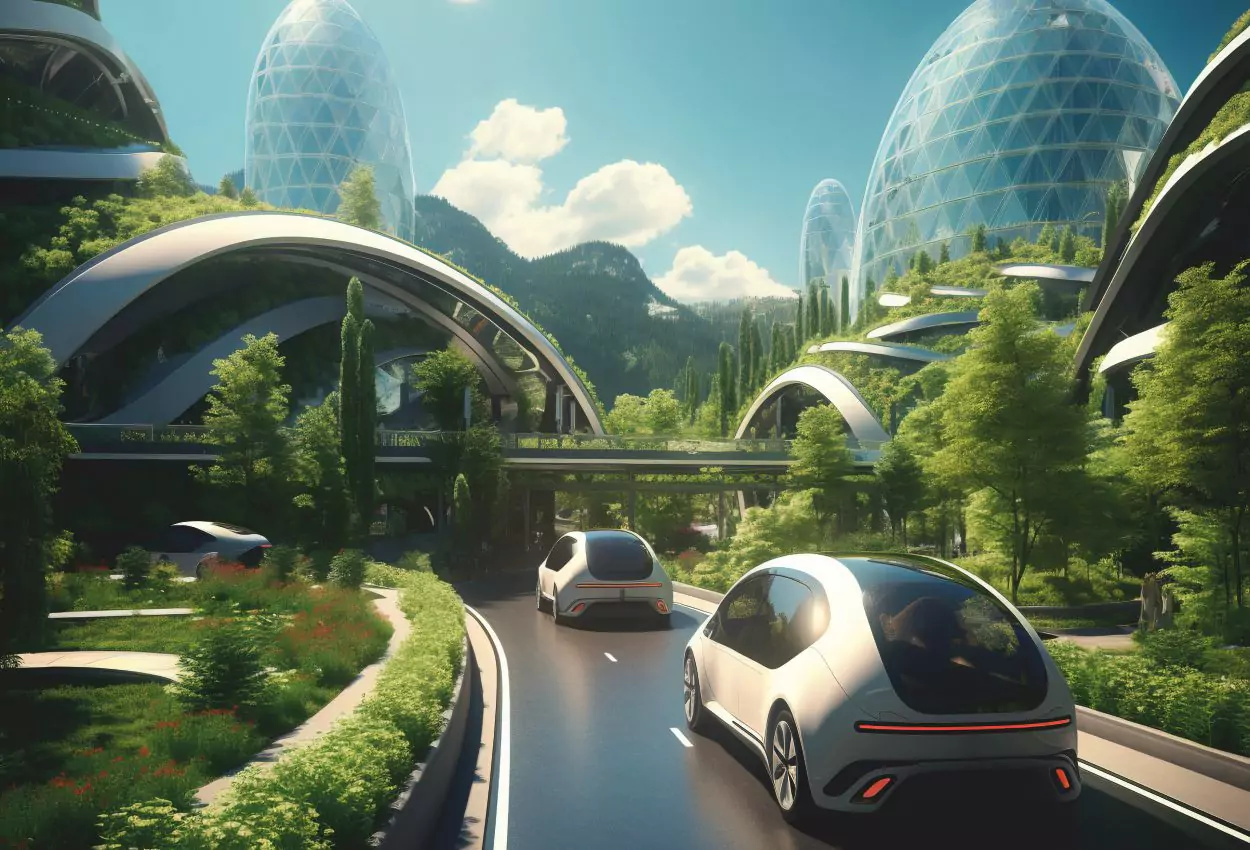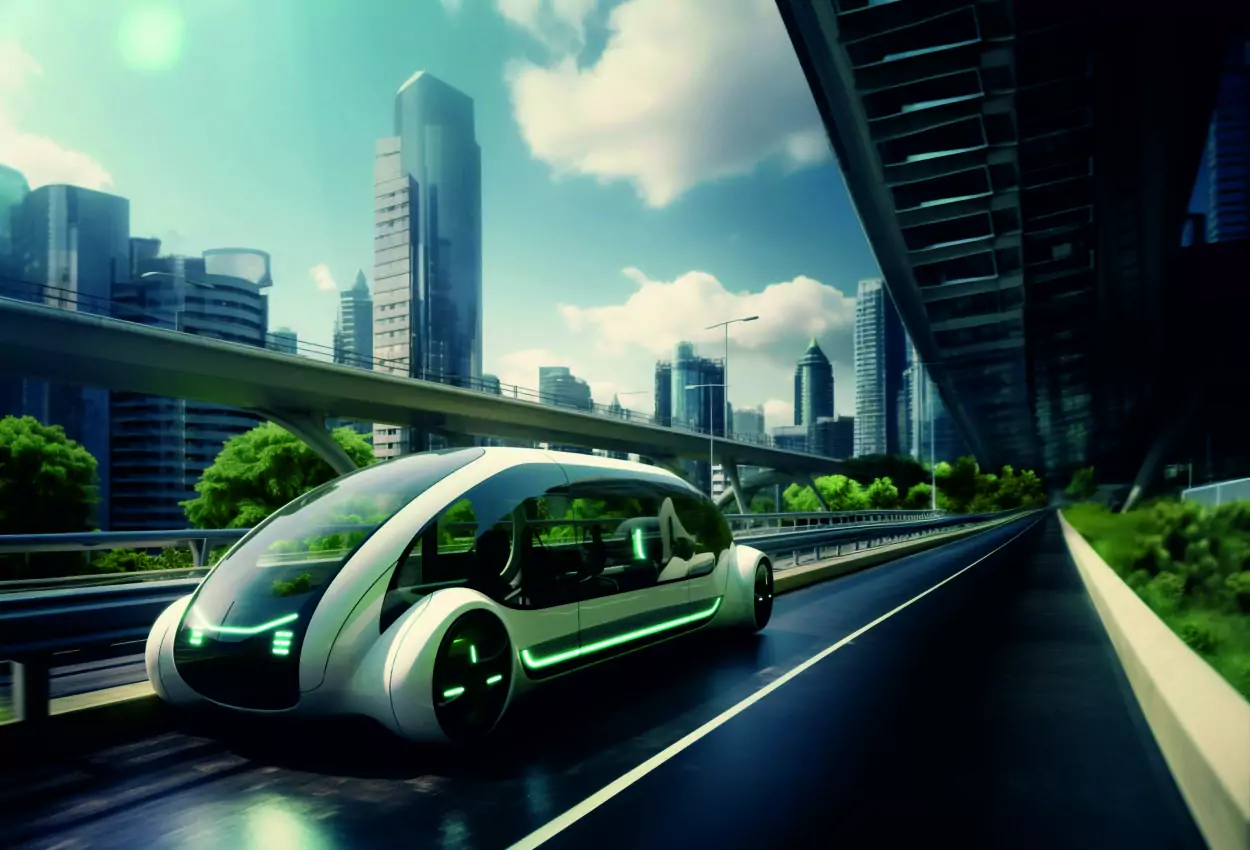As the global automotive industry continues to evolve, sustainability has become a cornerstone of innovation, shaping how manufacturers approach production, consumption, and the overall lifecycle of vehicles. From green manufacturing techniques to the adoption of circular economy principles, the industry is undergoing a significant transformation, aligning with the growing demand for environmentally responsible practices. The shift toward sustainability not only addresses environmental concerns but also meets consumer expectations for eco-friendly alternatives and corporate social responsibility.
Green Manufacturing: A New Standard
Traditionally, the automotive industry has been synonymous with high emissions, resource-intensive processes, and waste. However, the tide is turning as automakers implement sustainable manufacturing practices. Green manufacturing focuses on reducing energy consumption, minimizing waste, and using eco-friendly materials throughout the production process.
Electric vehicle (EV) production, for instance, is at the forefront of this transformation. Automakers are investing in cleaner technologies that reduce greenhouse gas emissions and reliance on fossil fuels. Moreover, renewable energy sources are being integrated into production facilities, with some manufacturers aiming for carbon-neutral factories. Companies like Tesla, BMW, and Ford are leading the charge, using renewable energy to power their manufacturing plants and designing vehicles with lighter, more sustainable materials.
One of the key areas of improvement is the use of recycled materials. Automakers are increasingly using recycled steel, aluminum, plastics, and rubber, reducing their reliance on virgin resources and cutting down on waste. Sustainable supply chains are also a priority, with manufacturers partnering with suppliers who adhere to strict environmental standards. The goal is not only to reduce the environmental footprint of vehicle production but also to create a sustainable ecosystem that supports the entire manufacturing process.
Circular Economies in the Automotive Sector
Beyond green manufacturing, the auto industry is embracing the principles of a circular economy, which focuses on reusing, recycling, and refurbishing products and materials to extend their lifecycle. In a circular economy, the traditional “take, make, dispose” model is replaced with one where products are designed for longevity, and materials are continuously repurposed, creating a closed-loop system.
The automotive industry is an ideal candidate for circular economy practices, given the long lifespan of vehicles and the vast quantities of materials involved in their production. Companies are exploring ways to extend the life of vehicles through initiatives like car-sharing services, where vehicles are used more efficiently, and aftermarket parts and services that keep cars running longer.
Recycling is another crucial element of the circular economy in the automotive sector. A prime example is the recycling of EV batteries. With the rise of electric vehicles, there is an increasing need to manage the disposal and recycling of batteries, which contain valuable materials like lithium, cobalt, and nickel. Automakers and third-party companies are developing advanced technologies to safely recycle these components, recovering valuable materials for reuse in new batteries.
Furthermore, companies are rethinking vehicle design to make it easier to disassemble and recycle cars at the end of their life. By incorporating modular designs and using materials that can be easily separated and repurposed, manufacturers can reduce waste and ensure that a greater proportion of a vehicle’s components are reused.
The Role of Consumer Demand
Consumer demand plays a pivotal role in driving the automotive industry’s sustainability efforts. Today’s buyers are more informed and conscious about the environmental impact of their purchasing decisions. This shift is fueling the growth of electric vehicles, hybrid models, and cars made with sustainable materials. Consumers are looking for eco-friendly alternatives, and automakers are responding by prioritizing sustainability in their product offerings.
In addition to the desire for cleaner vehicles, customers are also more inclined to support brands with strong sustainability credentials. Companies that commit to transparent environmental practices and demonstrate their efforts through certifications like ISO 14001, which focuses on environmental management, are gaining consumer trust and loyalty.
Regulatory Pressures and Industry Collaboration
Governments around the world are introducing stricter regulations to curb the automotive industry’s environmental impact. Emission standards are becoming increasingly stringent, pushing manufacturers to innovate and develop cleaner, more energy-efficient vehicles. The European Union, for example, has implemented ambitious plans to reduce CO2 emissions from vehicles and phase out internal combustion engine (ICE) cars by 2035. Similarly, China is promoting the widespread adoption of electric vehicles, with favorable policies and incentives for EV manufacturers and buyers.
To meet these regulatory pressures and align with sustainability goals, collaboration across the automotive supply chain is essential. Manufacturers, suppliers, governments, and environmental organizations must work together to share knowledge, develop new technologies, and create policies that support sustainability. Industry collaborations, such as those seen in battery recycling or green manufacturing, will be key to achieving widespread sustainability in the sector.
Looking Ahead: The Future of Sustainable Mobility
The path toward sustainability in the automotive industry is still unfolding, but the progress made so far is promising. As green manufacturing practices continue to improve and circular economy models gain traction, the industry will likely see a significant reduction in its environmental impact. Innovations in electric vehicles, hydrogen fuel cells, and alternative fuels will further reshape the landscape, offering cleaner, more efficient transportation options for consumers.
In the coming years, sustainability will be a defining factor for automakers vying for market share. Brands that embrace sustainable practices will not only contribute to a healthier planet but also position themselves as leaders in the rapidly changing automotive market. As the world shifts toward more sustainable living, the auto industry is poised to play a pivotal role in shaping a cleaner, greener future for all.
In conclusion, the automotive industry’s move toward sustainability—from green manufacturing to the adoption of circular economies—marks a crucial step in reducing its environmental footprint. As innovation drives change, the industry’s commitment to sustainability will be instrumental in shaping the future of transportation and ensuring that future generations inherit a cleaner, more sustainable world.







